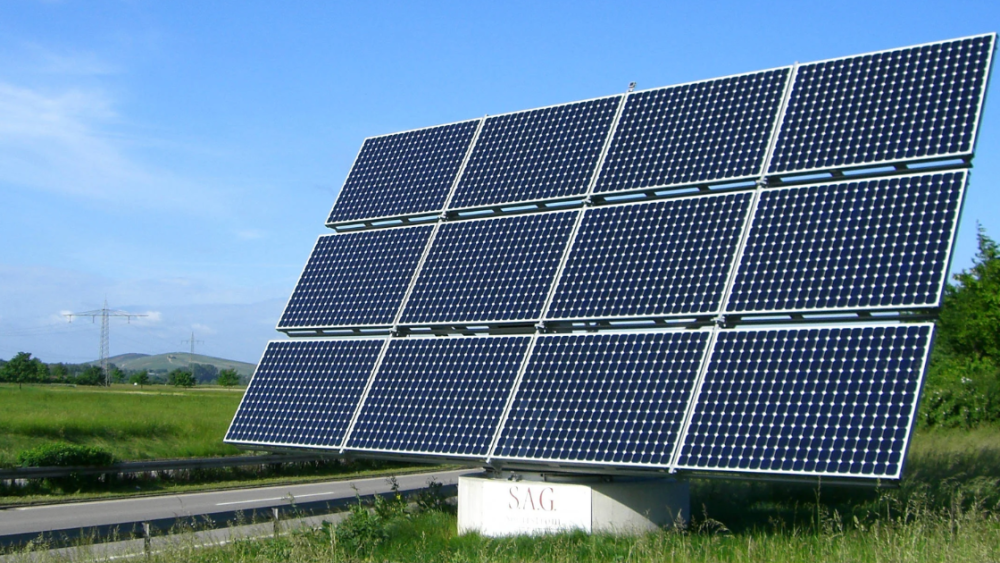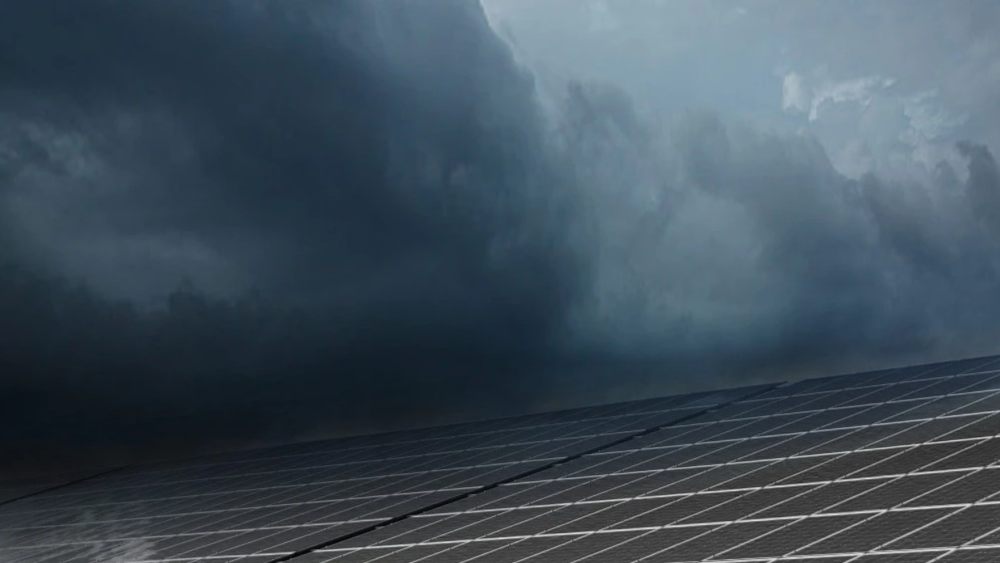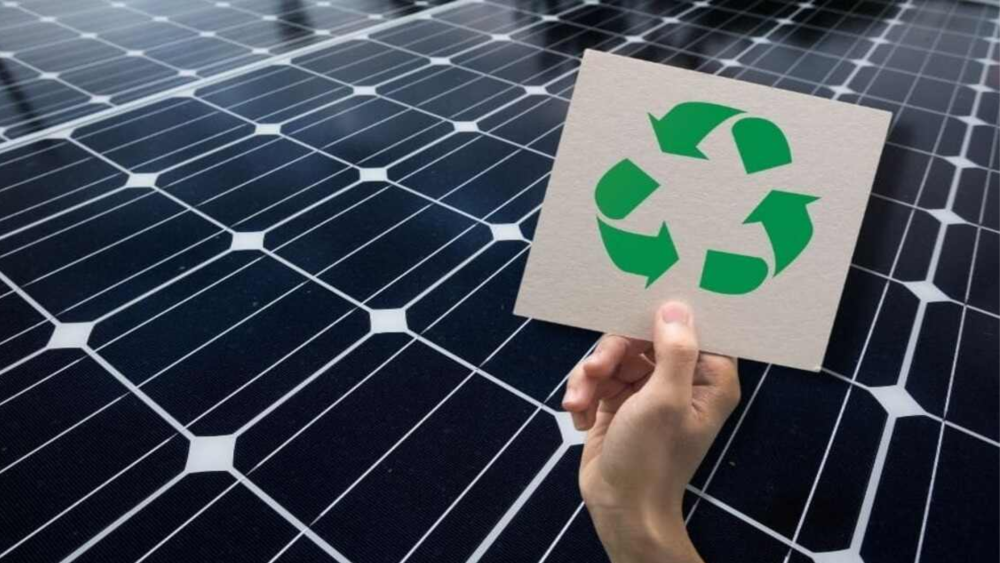Why You Might Reconsider Buying Solar Panels: Exploring Alternatives
Written on . Posted in Solar panels.

Try our solar cost and savings calculator
Understanding the Risks and Alternatives to Purchasing Solar Panels Outright
While investing in solar panels is often touted as a smart move for energy savings and environmental benefits, there are circumstances where purchasing solar panels might not be the best decision. This article will delve into why buying solar panels isn't always the right choice for everyone and will explore viable alternatives that could better suit your energy needs and financial situation.
1. Considerations Before Buying Solar Panels:
-
High Upfront Costs: Solar panels can be a significant financial investment. The initial costs include not only the panels but also installation, wiring, and potentially upgrading your home’s electrical panel.
-
Maintenance Responsibilities: Owning solar panels means you are responsible for their maintenance. While generally low, maintenance can include cleaning the panels and repairing any damage from weather or wear and tear.
-
Changing Technology: Solar technology is rapidly advancing. Buying panels now might mean missing out on more efficient or more affordable technology that could emerge in a few years.
2. Alternatives to Buying Solar Panels:
-
Solar Leases: A solar lease allows you to rent the solar panel system instead of buying it. You pay a fixed monthly fee to use the solar energy generated, which is typically lower than your usual electricity bill. This option often includes maintenance, reducing the worry of additional costs.
-
Power Purchase Agreements (PPAs): Similar to leasing, a PPA lets you pay for the power generated by the panels rather than the panels themselves. The rate you pay is usually lower than the local utility’s rate, which can save you money over time.
-
Community Solar Projects: If your home isn’t suited for solar panels due to shading, roof condition, or property restrictions, community solar can be an excellent alternative. You subscribe to a solar farm located offsite, and the electricity generated is credited to your utility bill, lowering your payments without any installation on your property.
3. The Impact of Location and Lifestyle:
-
Geographical Considerations: Solar panel efficiency heavily depends on your location’s solar potential. In areas with low sunlight, the return on investment could be less appealing.
-
Home Ownership: If you are not sure about your long-term plans in your current home, investing in solar panels might not make financial sense. The payback period for solar panels can take several years, which could be problematic if you move.
4. Financial Incentives and Programs:
-
Government and State Incentives: Explore available solar incentives in your area. In some cases, these can significantly offset the upfront costs, potentially making purchasing more viable.
-
Feed-in Tariffs and Net Metering: Some regions offer programs that pay you for the excess electricity your panels produce, which can make purchasing panels more financially attractive.
5. Making the Right Choice:
-
Conduct a Cost-Benefit Analysis: Carefully evaluate the costs, potential savings, and benefits of each option. Consider consulting with a solar expert to help make an informed decision based on your specific circumstances.
-
Stay Informed: Keep up with developments in solar technology and energy policy. What might not make sense today could change as technology advances and costs decrease.
Conclusion: Buying solar panels is not a one-size-fits-all solution. While they offer many benefits, high upfront costs, maintenance responsibilities, and rapid technological advancements mean that leasing, PPAs, or community solar projects might be a better fit for your needs. Carefully consider all options before making a decision that impacts your financial and environmental footprint.
CTA: Still unsure about the best solar option for you? Contact us today for a personalized consultation to explore the right solar solutions that meet your energy needs and financial goals.
Try our solar cost and savings calculator




